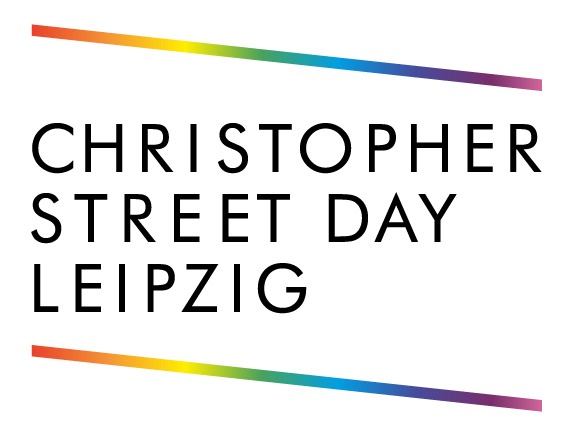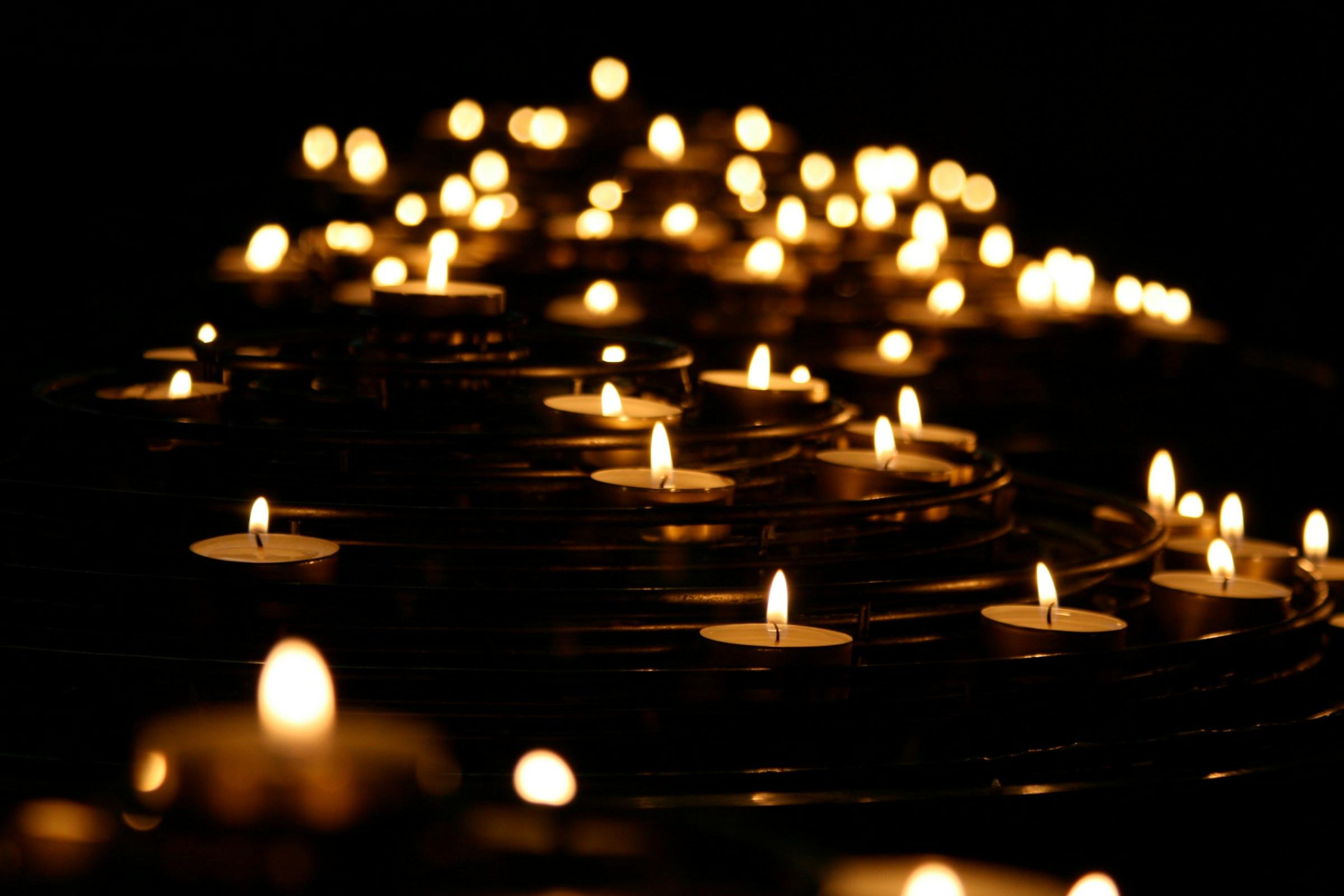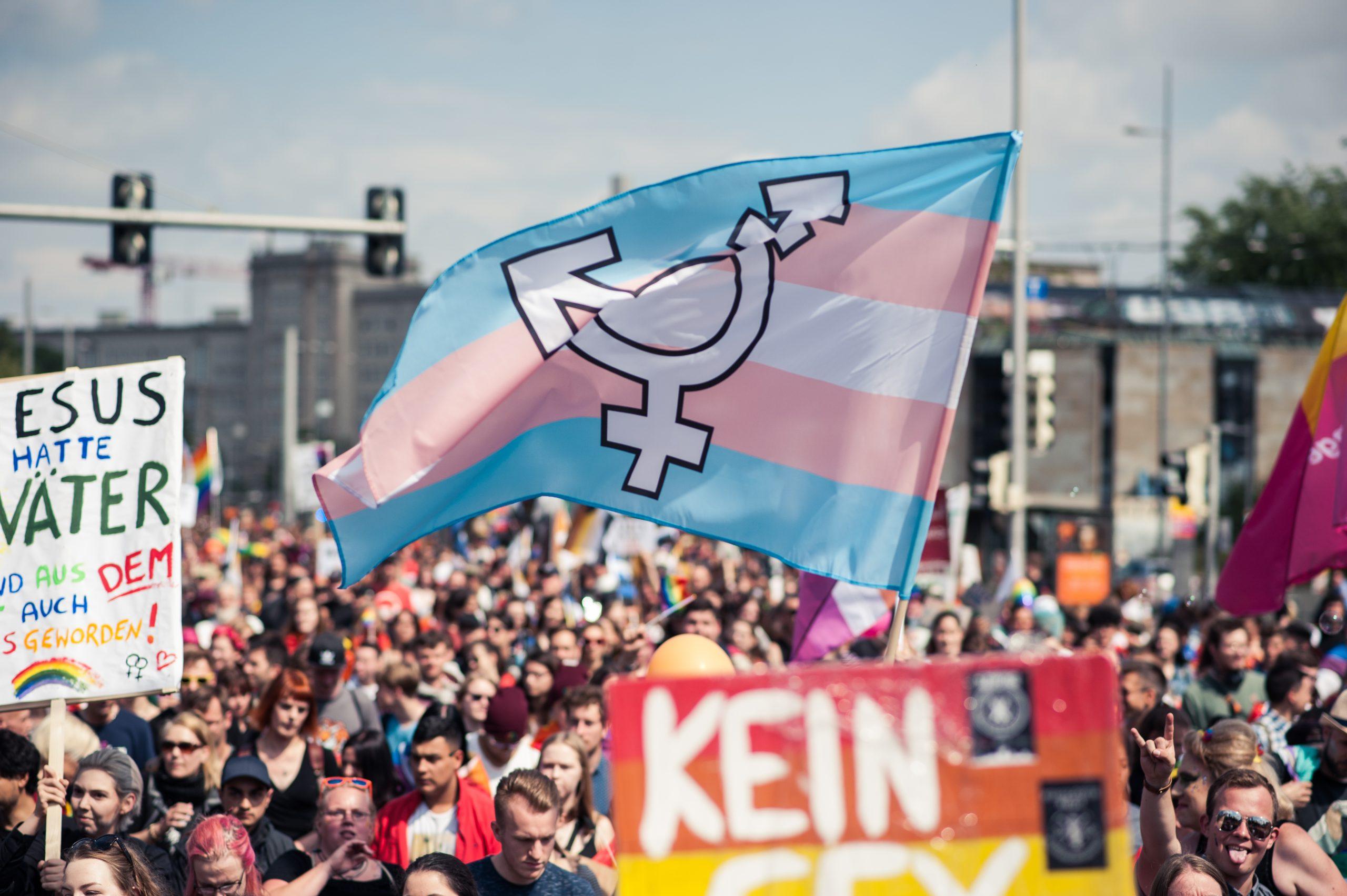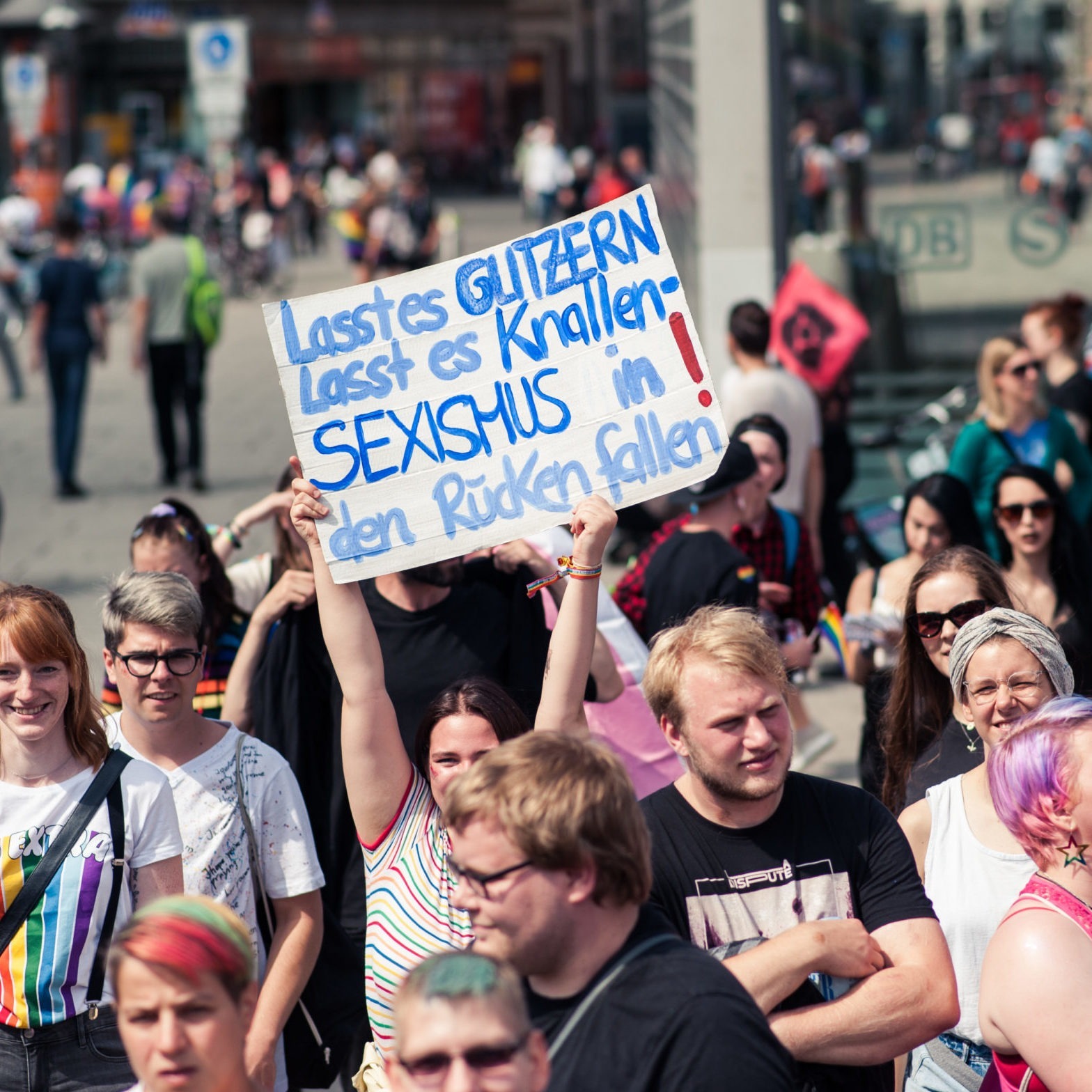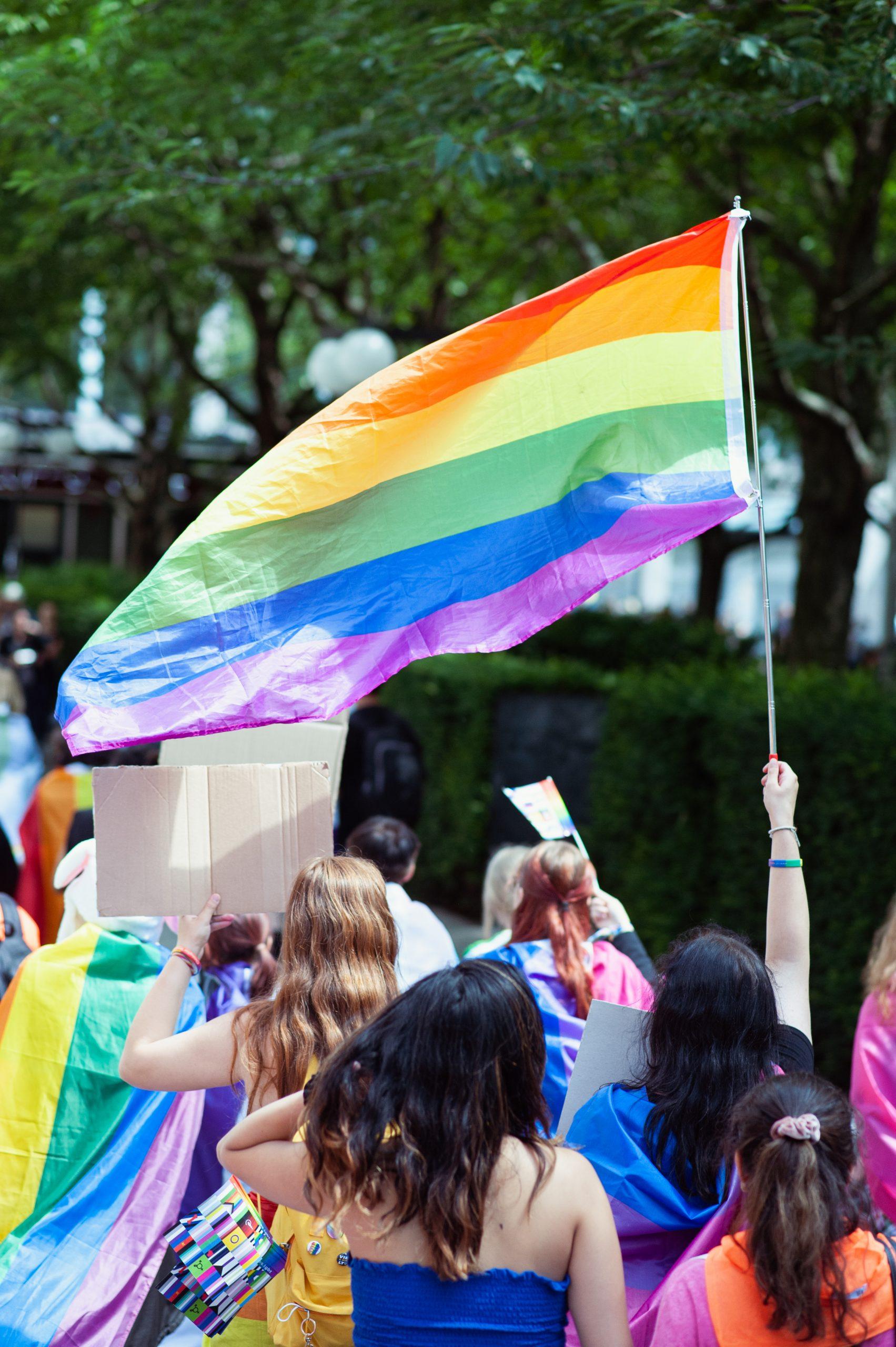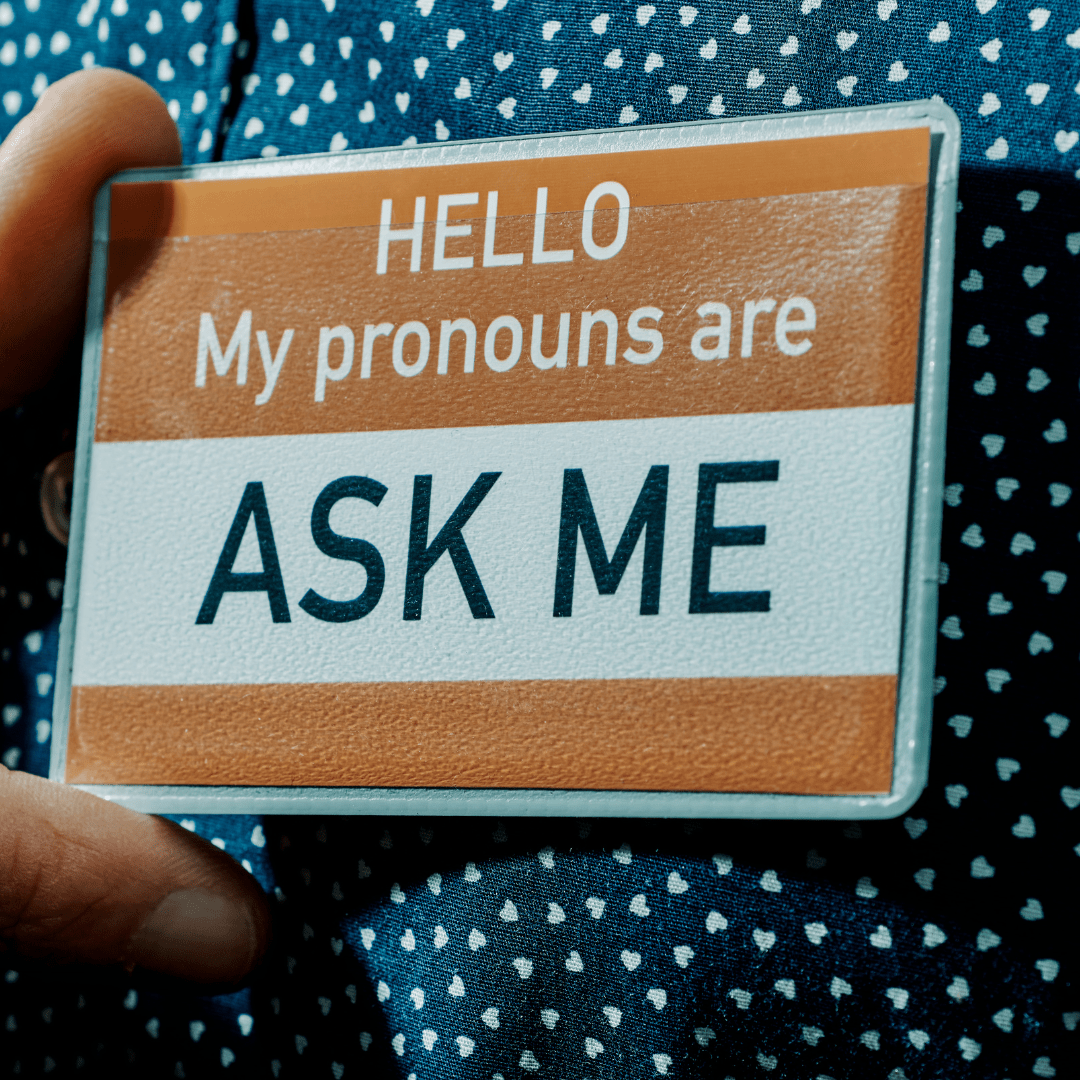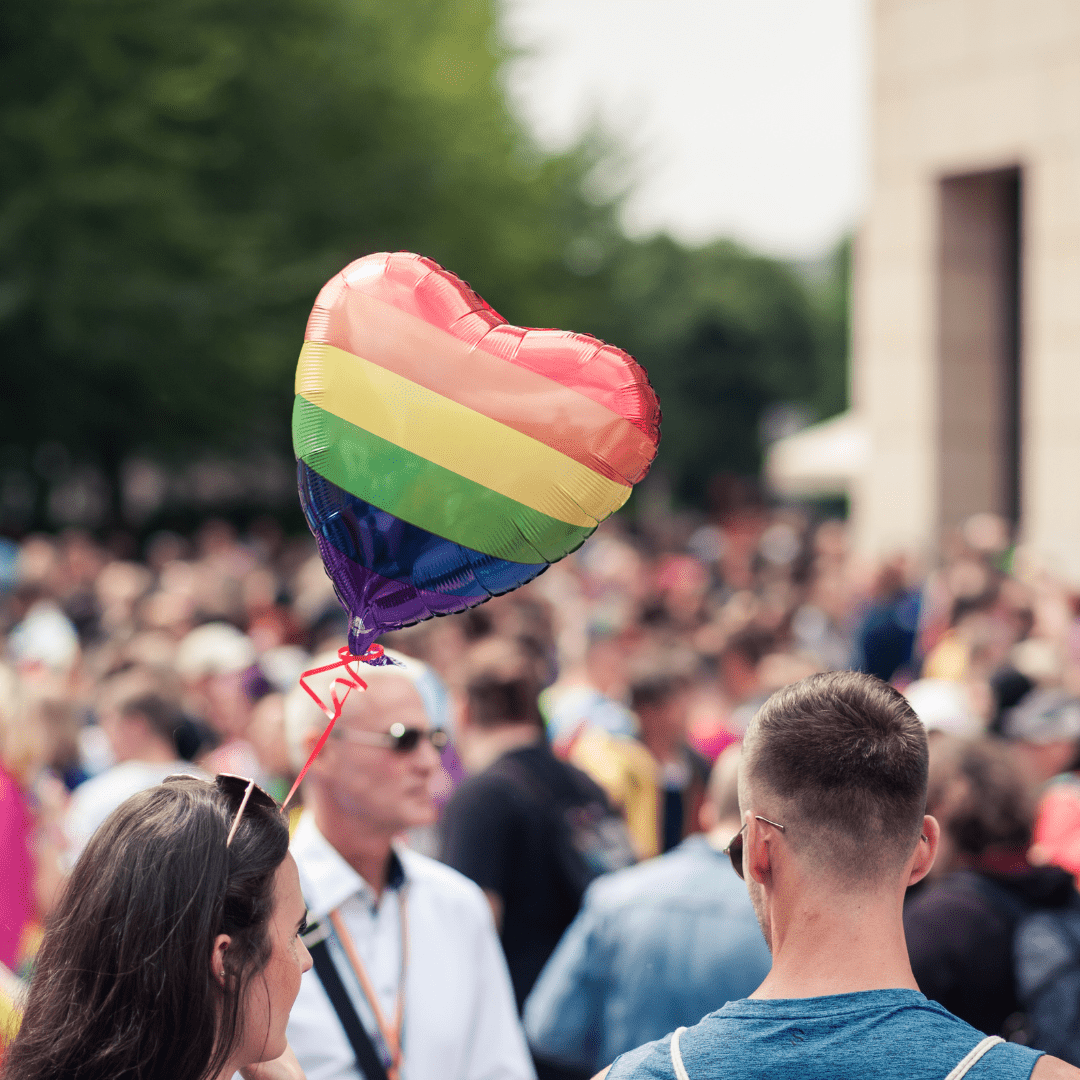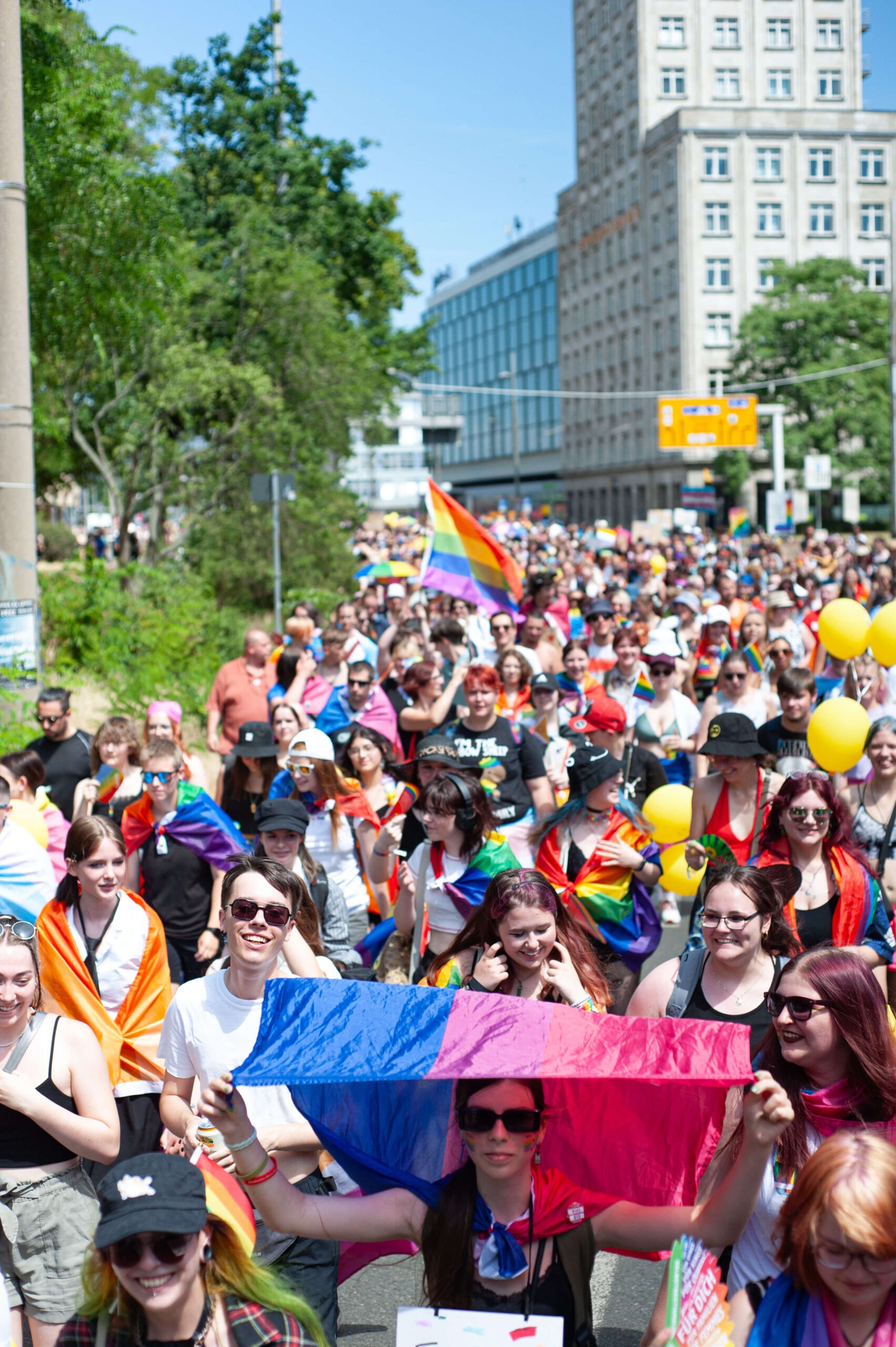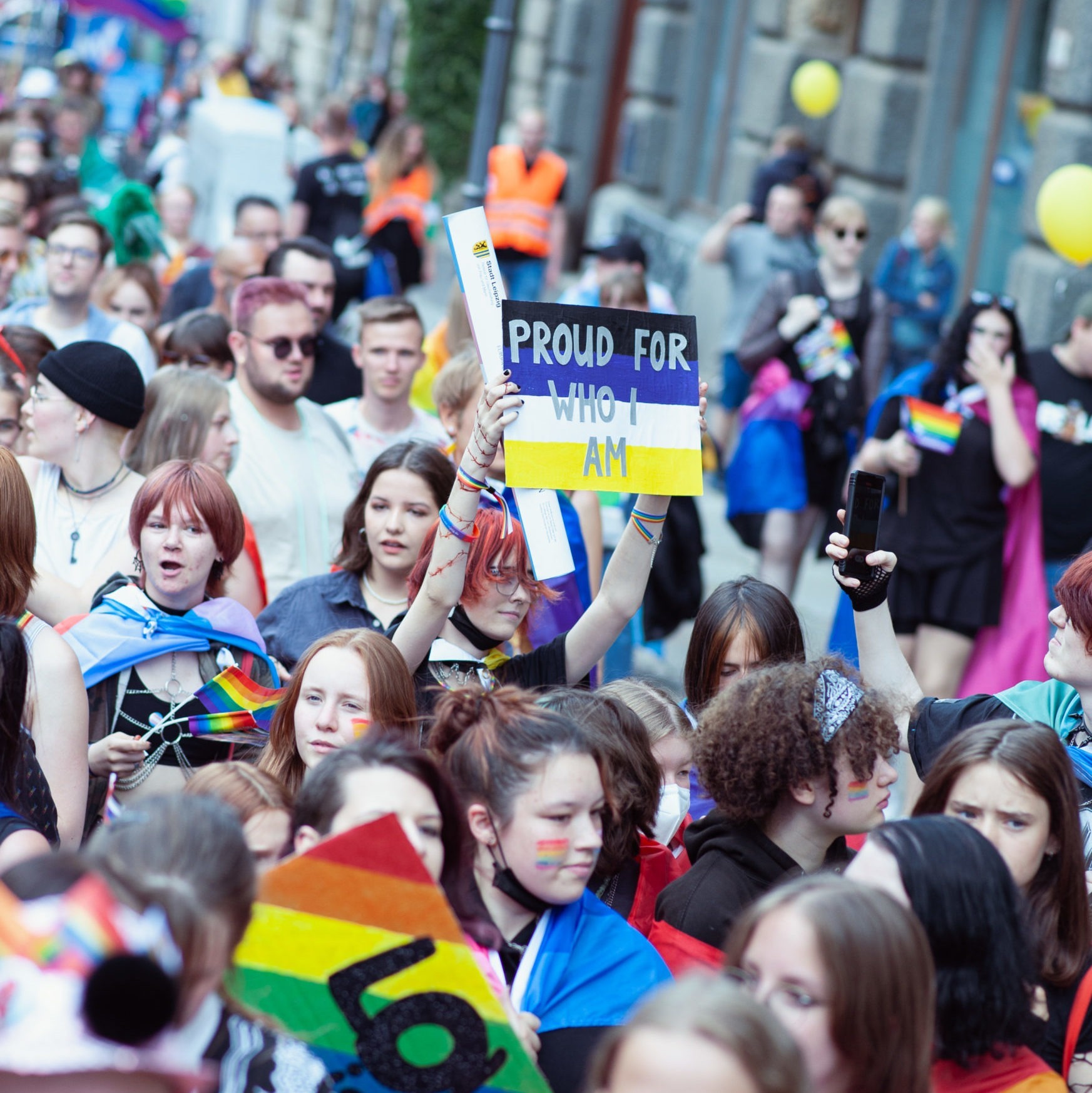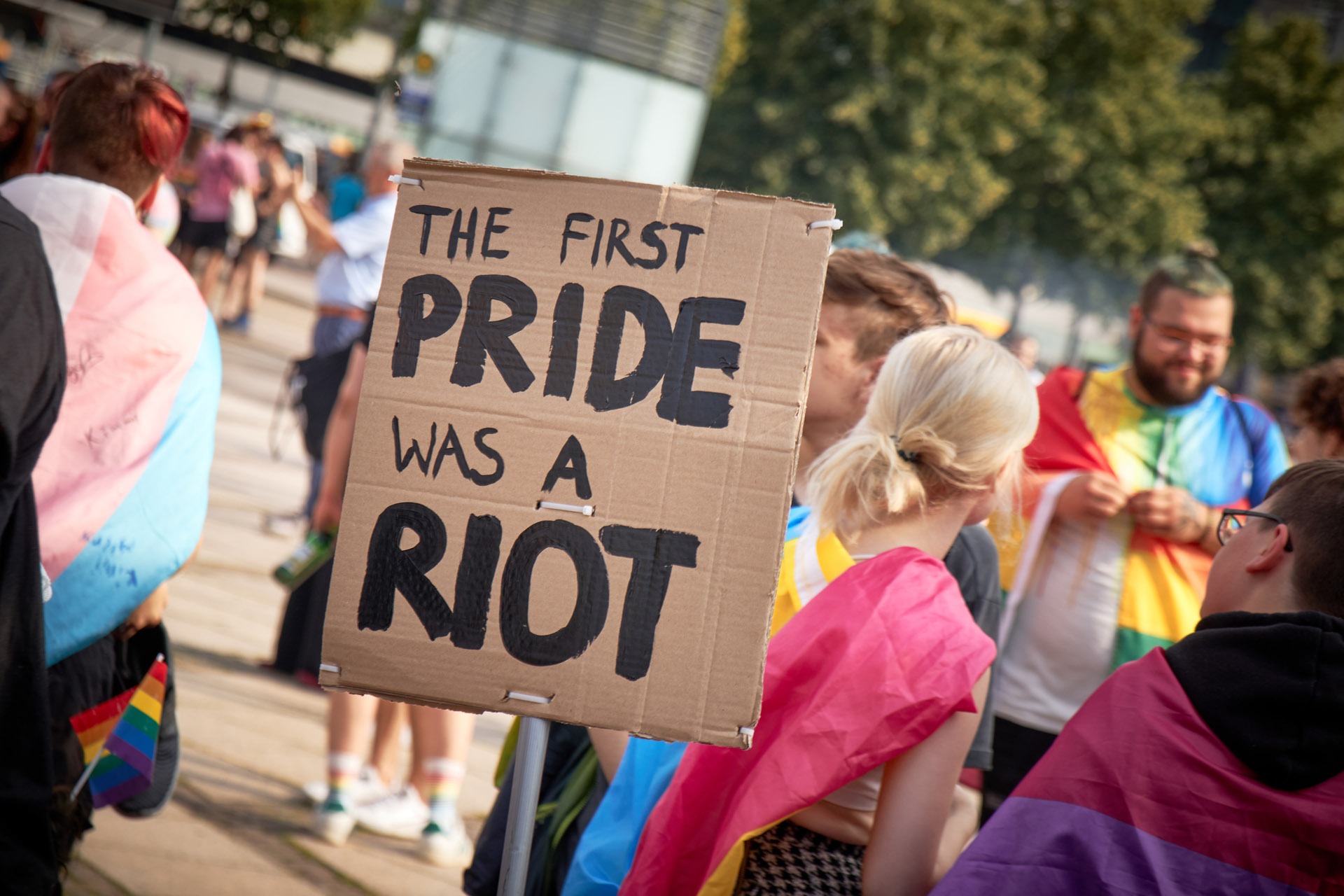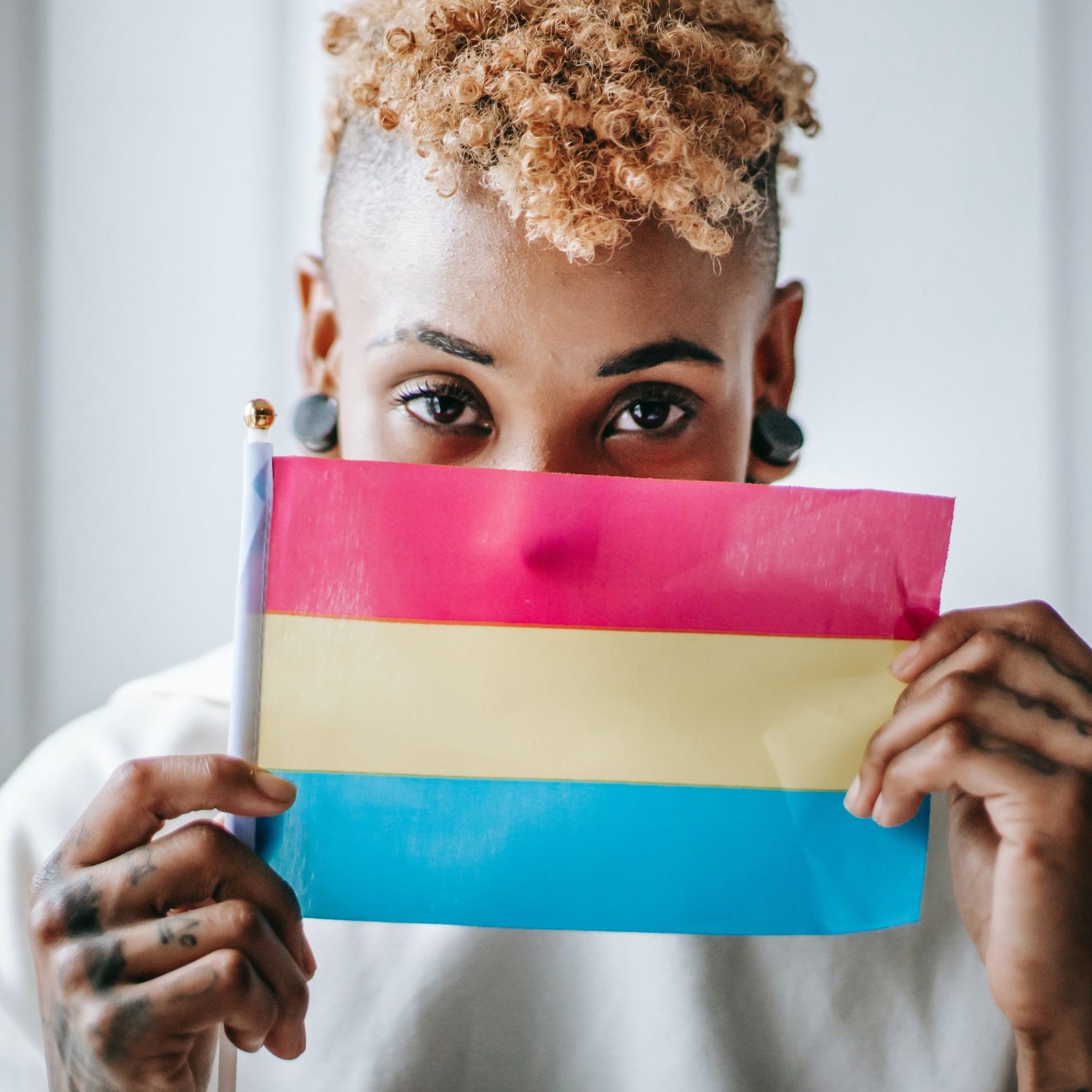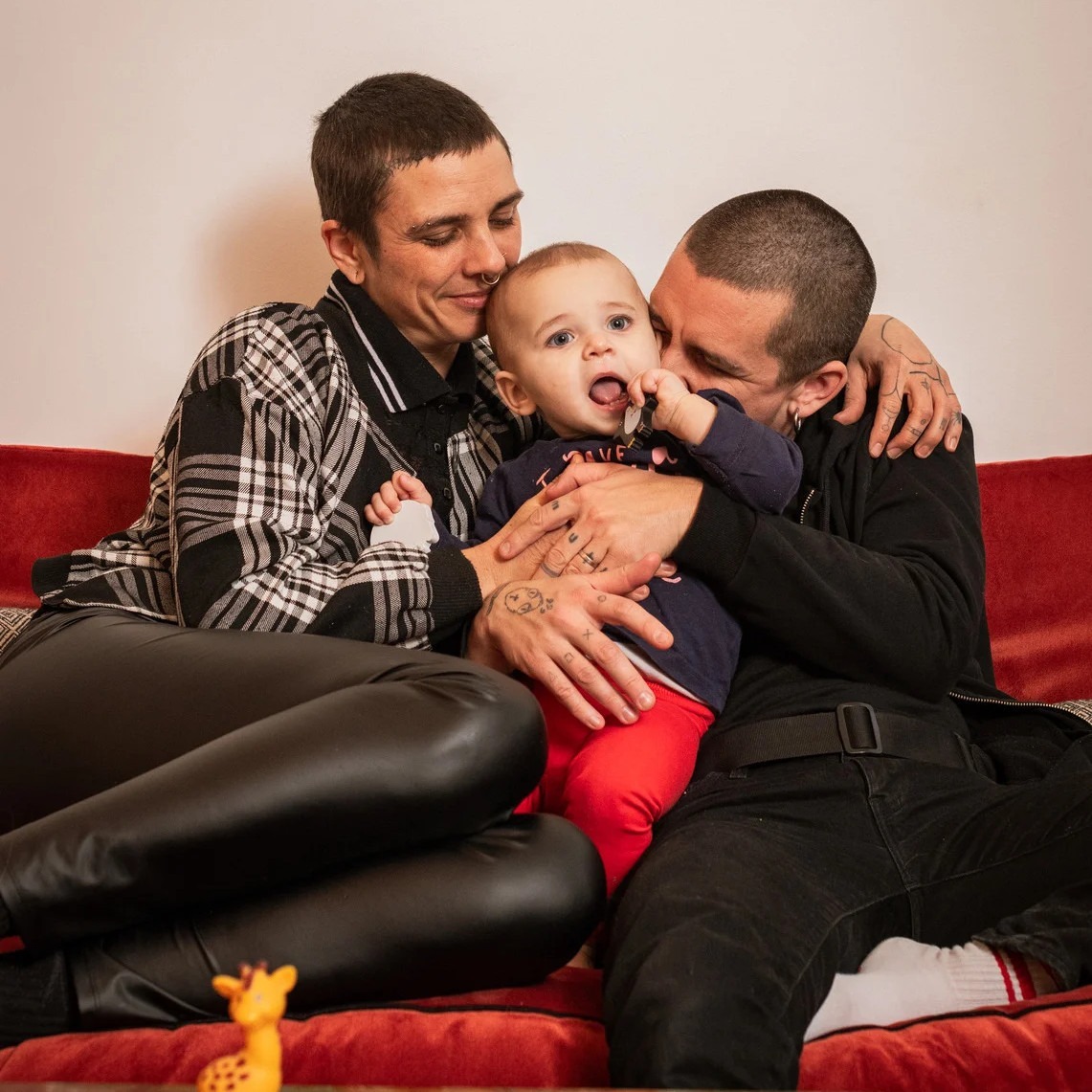Update
Content warning
Today, on 27 January, we commemorate the victims of National Socialism. In particular, we would like to remember those people who were persecuted, arrested and murdered because of their queer identity. Even 79 years after the liberation of the Auschwitz extermination camp, research and education about the queer victims of National Socialism is still very patchy and too few people are aware of them.
The queer victims of National Socialism were primarily non-heterosexual men. Between 1933 and 1945, around 53,000 queer men were sentenced under §175. Section 175, which was only removed from the penal code in 1994, criminalised relationships and sexual acts between men.
This paragraph – which was still valid in the Federal Republic of Germany until 1969 in the 1935 Nazi version – formed the basis for the Nazi regime to deport around 15,000 men to concentration camps and mark them with a pink triangle, the so-called pink angle, on their arm. Regardless of their sexuality, these people were thus labelled as “homosexuals”.
Unfortunately, little is still known about the lives of other queer people during this period. One of the reasons for this is that there are few sources and many terms did not yet exist at the time. People were often assigned the wrong identities or officially persecuted for other reasons, such as their ethnicity.
Queer women, for example, were usually not officially persecuted because of their sexuality or identity, but for other reasons. Lesbian women were often labelled as so called “asocials” in concentration camps. Inter* people were denied the right to marry and were often forcibly sterilised.
The situation of trans* people was similar. Many of them were persecuted if they stood out due to their appearance and clothing. They were also forcibly sterilised and deported to labour or concentration camps. It was particularly difficult for those who were also living in non-heterosexual relationships.
Last year, the German Bundestag commemorated all the victims of National Socialism who were persecuted because of their sexual orientation or gender identity for the first time in its official hour of remembrance. The special focus on the queer community was a major milestone, as this group had not been officially commemorated before. Nevertheless, a great deal of educational and research work still needs to be done on the persecution of queer people under National Socialism.
